
New research finds that adding carboplatin to paclitaxel and adjuvant chemotherapy shows no significant survival benefits in triple-negative breast cancer (TNBC).

New research finds that adding carboplatin to paclitaxel and adjuvant chemotherapy shows no significant survival benefits in triple-negative breast cancer (TNBC).
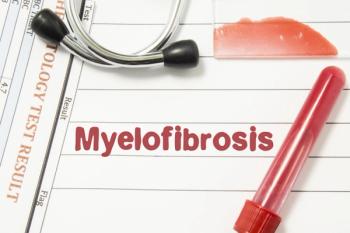
Explore the latest advancements in myelofibrosis treatment, focusing on JAK inhibitors and pegylated interferons for improved patient outcomes.

The 2025 ASCO Annual Meeting discusses the latest advancements in understanding and treating precursor diseases.

Zongertinib shows promising efficacy and safety for HER2-mutant NSCLC, with a 71% response rate and low toxicity, paving the way for future treatments.

Laura Momoko Asakura, PharmD, BCOP, BCSPS, discusses the equitable use of oncology treatment pathway tools, highlighting that their utilization remains consistent across patient groups regardless of race, ethnicity, or insurance status.
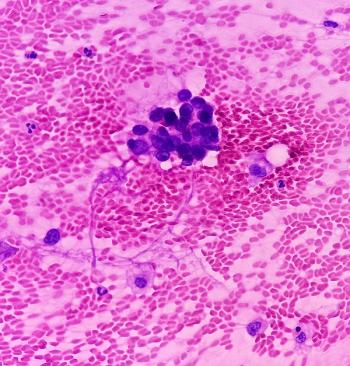
A study reveals a 14-gene assay guides chemotherapy decisions effectively in patients with early-stage non-small cell lung cancer (NSCLC).
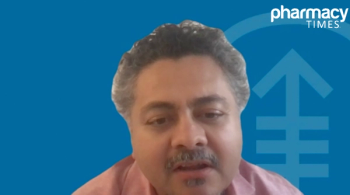
Saad Usmani, MD, MBA, FACP, FASCO, discusses the subgroup analysis of transplant-ineligible patients with newly diagnosed multiple myeloma from the CEPHEUS trial.
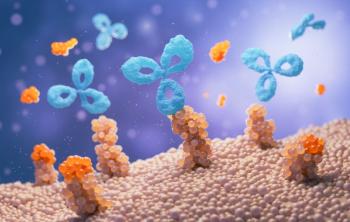
Explore the complexities of managing toxicities in breast cancer treatments, including endocrine therapies, antibody drug conjugates, and immune checkpoint inhibitors.

Compared with fulvestrant, vepdegestrant significantly extended progression-free survival and improved response rates.
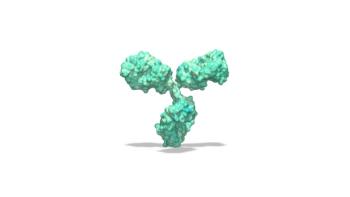
Experts discuss BiTE therapy in treating lung cancers, focusing on innovative agents like tarlatamab and amivantimab, and their toxicity management.

MRD testing transforms multiple myeloma treatment, guiding personalized strategies and improving patient outcomes through innovative testing methods.

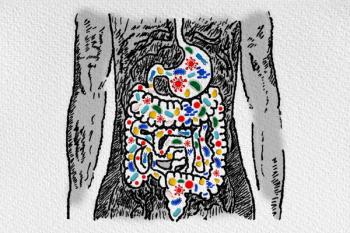
Explore how the gut microbiome influences cancer therapy responses, resistance mechanisms, and the potential of microbiota-focused strategies for improved outcomes.

Gurjyot K. Doshi, MD, discusses key updates to medically integrated pharmacy standards, which reflect the evolving landscape of oral oncolytic therapy.

Groundbreaking oncology drugs transform treatment for glioblastoma, HR+ breast cancer, and small cell lung cancer.

Enhanced dermatologic management reduces skin rash and improves quality of life for patients with EGFR-mutant non-small cell lung cancer.

A study of early-onset colorectal cancer found significant racial disparities, with younger patients more frequently diagnosed at advanced stages.


Zongertinib shows significant benefits in managing symptoms and improving quality of life for patients with HER2-mutated non-small cell lung cancer.

Two abstracts from the American Society of Clinical Oncology (ASCO) annual meeting demonstrate that pretreatment DPYD genotyping improves the safety and cost-effectiveness of fluoropyrimidine chemotherapy, with oncology pharmacists playing a pivotal role in implementing and optimizing genotype-guided dosing strategies.

Hope Rugo, MD, discusses a multi-institutional real-world analysis showing that rechallenging trastuzumab deruxtecan after grade 1 interstitial lung disease (ILD) is generally safe and effective.

Elranatamab shows promising efficacy and manageable safety in transplant-ineligible newly diagnosed multiple myeloma patients, highlighting its potential as a treatment option.

Daratumumab combined with VRd significantly improved outcomes in transplant-ineligible/transplant deferred patients with newly diagnosed multiple myeloma.

Epcoritamab shows impressive long-term remission rates in relapsed large B-cell lymphoma, highlighting its potential as a key treatment option.

Pre-treatment DPYD genotyping significantly reduces hospitalizations and costs for patients with cancer, enhancing safety and efficiency in oncology care.

Grace Nguyen, PharmD, BCPS, provides real-world experiences with DPYD genotype-guided fluoropyrimidine dosing, highlighting how pharmacist-led interventions and tailored dose adjustments can help mitigate toxicity risks and optimize treatment in variant carriers.

The data from the phase 3 SEQUOIA study are to be presented at the 2025 ASCO Annual Meeting.

Imetelstat shows promise in treating myelofibrosis, enhancing survival, and modifying disease biology in patients resistant to JAK inhibitors.

AIC100 could meet an unmet medical need to effectively treat individuals with anaplastic thyroid cancer — the most aggressive form of the disease.

Both economic factors and supply chain fragility play a role.